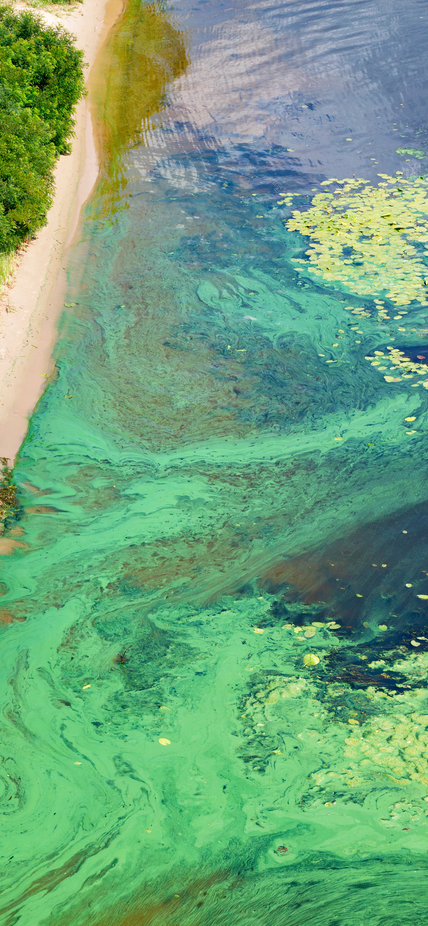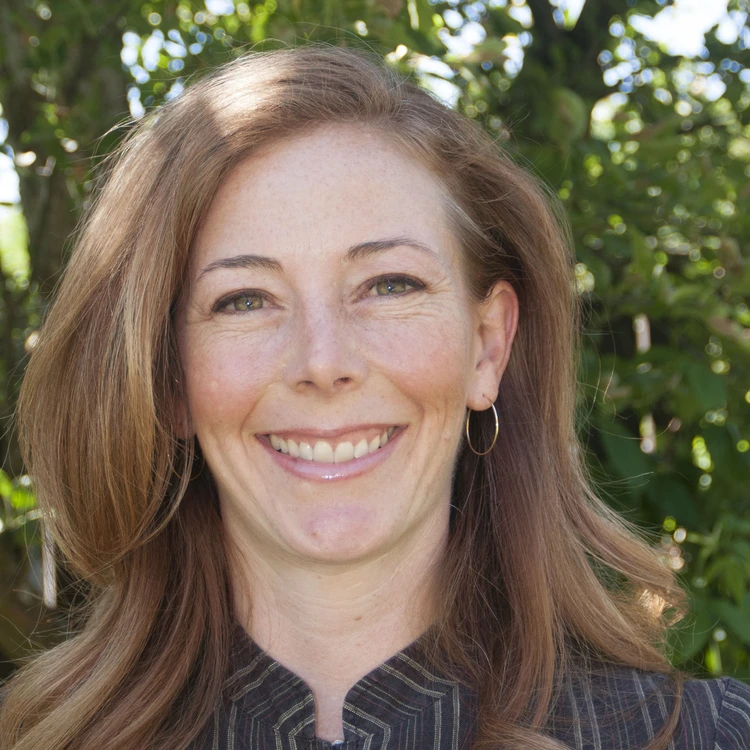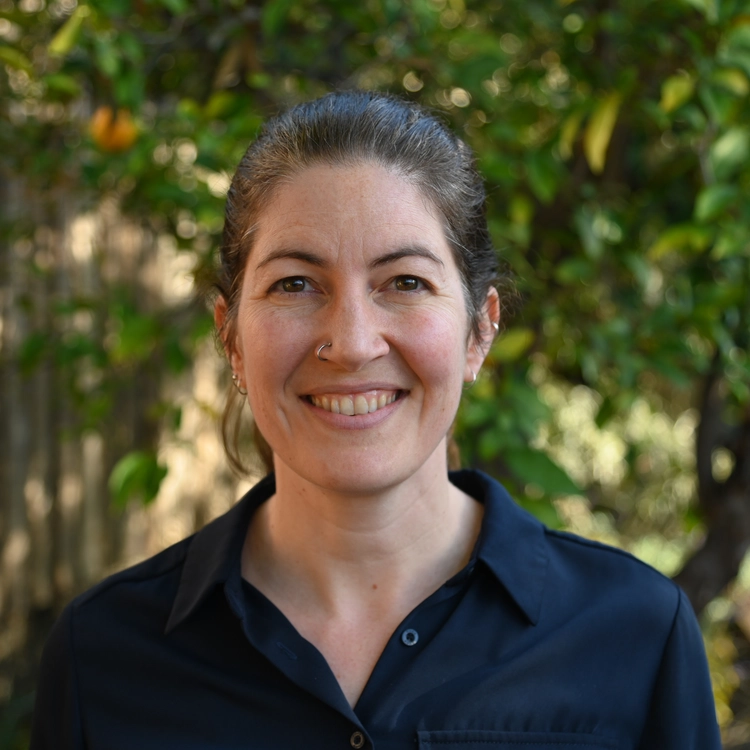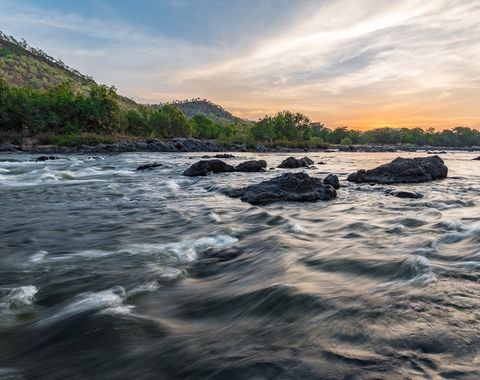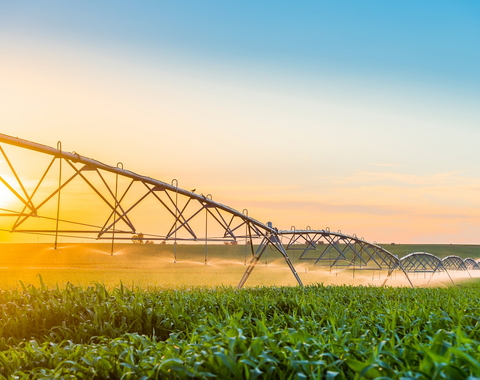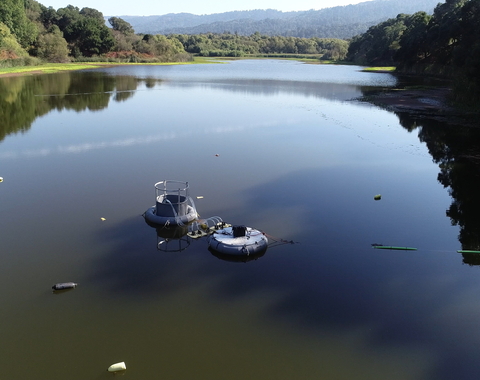Our Research
Climate change is putting rivers and coastal environments at risk of water quality impairments and endangering fragile coral reef ecosystems by altering seawater chemistry.
Rainfall and other precipitation washes nutrients from farming and other human activity into waterways. When rivers, lakes, and coastal areas get overloaded with this runoff, a dangerous phenomenon called eutrophication can occur, which sometimes leads to toxin-producing algal blooms or low-oxygen dead zones called hypoxia.
We investigate how anticipated changes in rainfall patterns as the world warms could lead to severe water quality impairments as more nutrient runoff is introduced into waterways. Their research informs land management, agricultural strategies, and water conservation efforts.
Excess carbon dioxide released into the atmosphere by burning fossil fuels is also absorbed by the world's oceans where chemical reactions with the seawater produce carbonic acid, which is corrosive to marine life. Our researchers also probe the mechanisms of ocean acificiation's affects on fragile coral reef ecosystems and shellfish communities, and investigate the effectiveness of various mitigation strategies.
We investigate how anticipated changes in rainfall patterns as the world warms could lead to severe water quality impairments as more nutrient runoff is introduced into waterways. Their research informs land management, agricultural strategies, and water conservation efforts.
Excess carbon dioxide released into the atmosphere by burning fossil fuels is also absorbed by the world's oceans where chemical reactions with the seawater produce carbonic acid, which is corrosive to marine life. Our researchers also probe the mechanisms of ocean acificiation's affects on fragile coral reef ecosystems and shellfish communities, and investigate the effectiveness of various mitigation strategies.
Recent Water Quality News
Between 1970 and 2015, the rate of fertilizer used by Indian farmers increased tenfold due to improvements in agricultural productivity needed to feed a growing population. However, the fate of the nitrogen from these applications remains largely unknown.
Currently, two-thirds of the world’s crops are limited by rainfall. Climate change is expected to both shift precipitation patterns and increase heat stress on plants, meaning that relying on rain alone will not keep up with the increased demand for food.
New work indicates that downwelling technology may show potential to scale up to larger areas in which annual dead zones create great ecological and economic distress.
